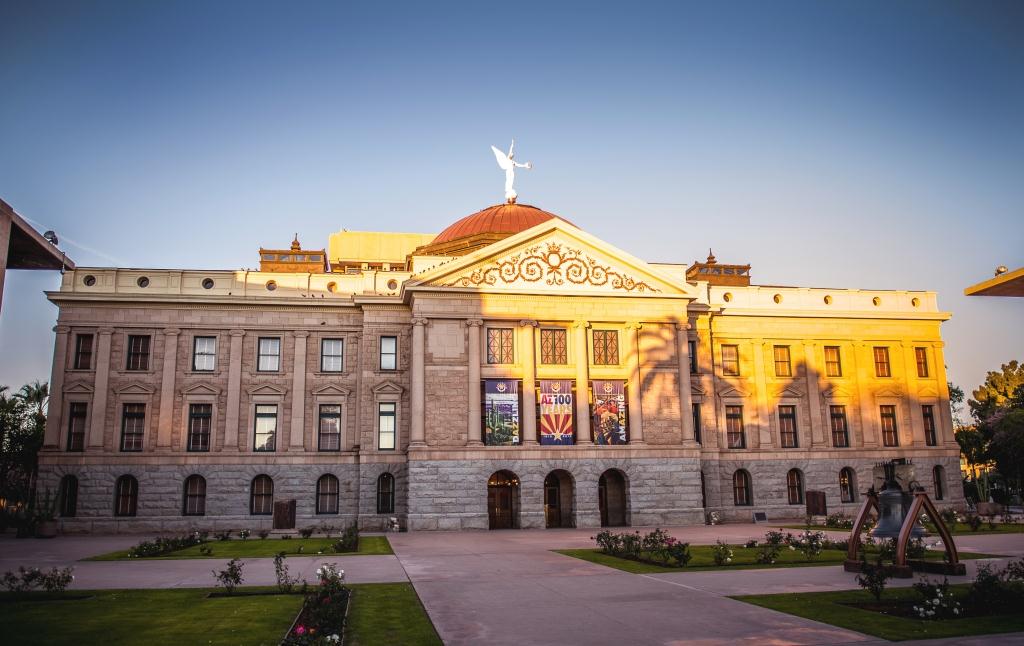
A school-voucher bill that could change the face of public education in Arizona, seemingly in conflict with a similar measure that voters overwhelmingly rejected two years ago, this week cleared the first hurdle with narrow passage in the Arizona Senate.
The bill would significantly expand the school-voucher program, making nearly 700,000 students in all of the state’s 1,300 Title I schools eligible for vouchers in Arizona’s Empowerment Scholarship Accounts program. The current voucher program serves fewer than 10,000 students.
The 16-14 vote along party lines, a victory for sponsoring Republican senators, sends Arizona Senate Bill 1452 on to the state House of Representatives.
The Tempe Union High School District refused to comment, according to a spokesman. Attempts to reach a Kyrene School District spokesman for comment were unsuccessful.

Sandy Lowe, a former two-term member of the TUHSD Governing Board, and who has 25 years as a volunteer and public-education stakeholder, is adamantly opposed to the measure.
“Public education is designed to support all students who attend our schools; however, I believe in school choice for some students and their families,” Lowe said in a statement to Wrangler News. “To preserve quality public education, which must address a multitude of needs, I believe there has to be restrictions on availability of the voucher system. Vouchers are needed especially for our lower-income families and those with special-needs children that cannot find the support needed for their students, within our public schools.
“As the bill is written today, I believe it would have a drastic, negative impact on public education and could have devastating effects on our students.”
Voters rejected a similar voucher proposal by a 2-1 margin two years ago.
Public schools would lose state funding for every student who leaves via the voucher program for a private school. Students would not have to be low-income to take advantage of the plan. They would need only attend a Title I school, which is roughly 67 percent of public schools in Arizona. And they would need attend that public school for only 30 days before transferring to a private school and taking state funding with them.
While sponsors of the bill say it is intended to give low-income students an opportunity to escape low-performing or failing public schools in favor of stronger private schools for a more-equal opportunity at a quality education, foes say that the net effect actually will benefit students from wealthy families. Vouchers pay a portion of private-school tuition and lower-income families might not be able to cover the difference, where wealthy families can cover it.
The bill also is viewed as a boost to urban students because there are relatively few private schools in rural stretches of the state.

